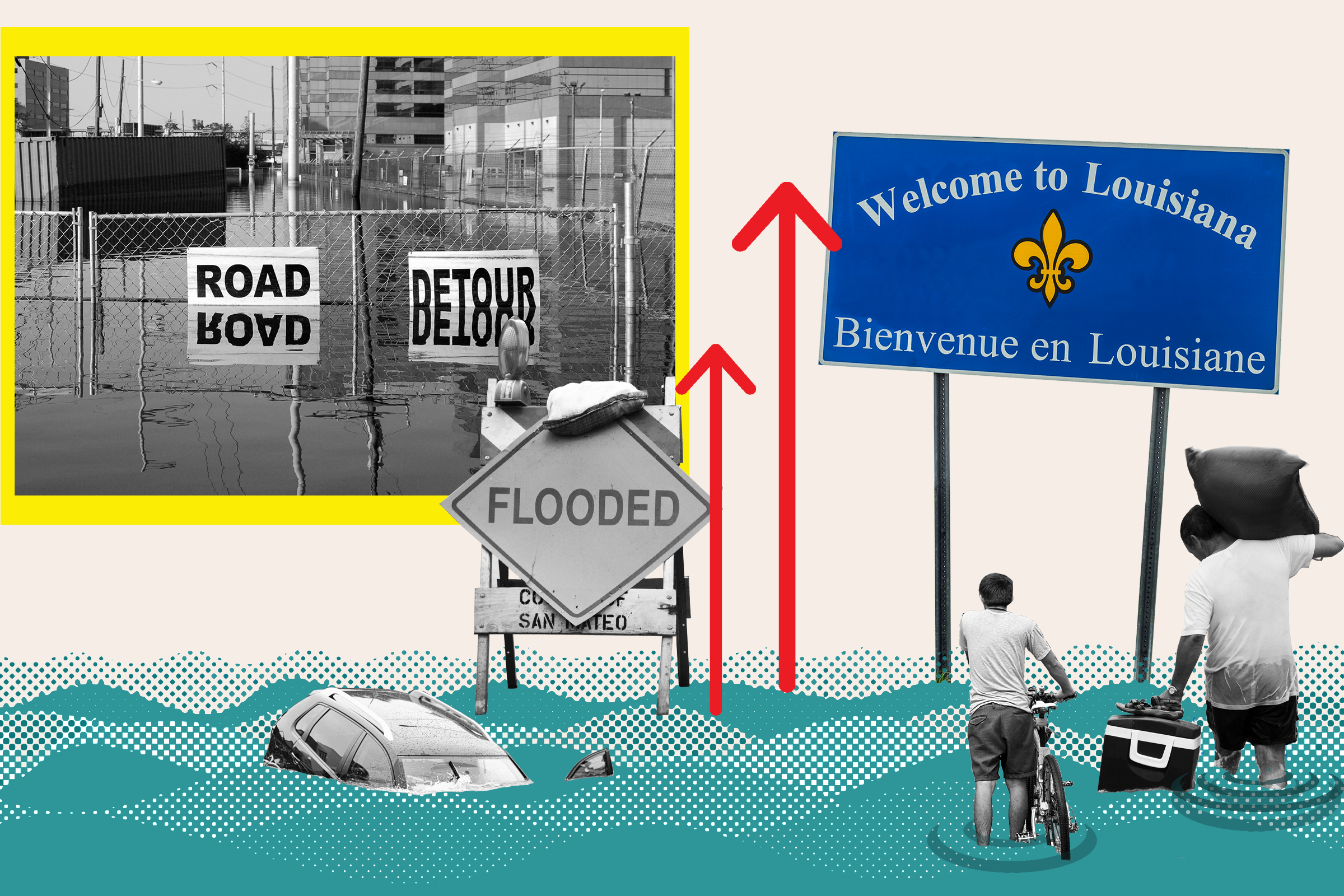The upcoming total solar eclipse that will be witnessed by millions of Americans in April has led to a stream of baseless conspiracy theories, including that the government is planning to "hijack" the event.
A total eclipse will be experienced in 13 states on April 8—a rare astronomical event in which the skies briefly turn dark during daylight hours.
As the date approaches, one theory posted online suggested that it could unleash a wave of earthquakes and thunderstorms.

The Claim
A Reddit post by user u/UniversalSurvivalist, posted on March 17, 2024, said, "Update on the path of Totality, 16,000 lightning strikes and a potential earthquake across America, thank Amos the subs administrator for collating this information."
The post included a separate one from X, formerly Twitter, by Fox 35 Orlando meteorologist Noah Bergren, from March 15, 2024, which said: "This is actually bizarre and I am not just saying that. This will be one of the more notable severe storm nights in March in recent memory. In the past hour, over 16,000 individual lightning bolts from western New York to NE Texas—spanning over 1,200+ miles!"
Bergren's post included an image of a storm front. This was juxtaposed on Reddit with an image of the "PATH OF TOTALITY," showing where the solar eclipse will cross the U.S. in April. This solar eclipse path showed some similarity to the storm front.
The Reddit post also showed an earthquake hazards map on the New Madrid Fault Zone near Illinois, Indiana, Arkansas, Tennessee, Missouri, Kentucky, and Alabama.
The Facts
The claim is not supported by evidence.
To state the obvious, the eclipse is more than two weeks away. The post on X from Fox 35 Orlando meteorologist Bergren was published on March 15, 2024, reporting on severe storms that affected multiple states across the U.S. His post is unrelated to the claims on Reddit.
The U.S. National Weather Service issued thunderstorm warnings across the South and Southeast last week, reported Crisis 24. Fox 35 Orlando weather mapping from March 15 showed the storm front stretching from Texas to Illinois.
While the "Path of Totality" of April's solar eclipse follows some of the trajectory of this storm, they are otherwise unrelated. Experts have also found eclipses may only have a small impact on weather and have no relationship with earthquakes.
Giles Harrison of the University of Reading's Department of Meteorology, who studied the effect solar eclipses in the U.K. in 1999 and 2015 had on weather, told Newsweek that there are small impacts, caused by cut-off solar radiation.
Harrison said this "leads to a reduction in air temperature which can also be associated with a reduction in wind speed and small changes in wind direction." However, the likelihood of increased thunderstorm activity was "unlikely."
"The effects on cloud are more subtle, yet always of considerable interest for viewing conditions at climatologically marginal locations," Harrison said.
"We did try to investigate this with our national citizen science eclipse weather experiment in 2015, but not conclusively.
"Cloud can often be reported to dissipate around peak eclipse, which is consistent with a reduction in convection, as can occur at sunset.
"Hence, increased thunderstorm activity during an eclipse seems unlikely."
Francisco Diego of University College London, a veteran of 20 solar eclipse expeditions, told Newsweek that the only effect of total solar eclipses was a rapid cooling in the "very local atmosphere and land" and only for a few minutes.
Diego added that the claims about earthquakes and thunderstorms were "irresponsible fabrications" which do not "deserve any serious attention."
Ingo Mueller-Wodarg of Imperial College London, who has published work on the effect of solar eclipses on the earth's upper atmosphere, told Newsweek that while the shadow of the eclipse has a meaningful effect in the upper atmosphere, the effect is "much less" seen in the troposphere, or weather layer.
"You can argue that the moving shadow causes a local cooling, by a few degrees, the launch of atmospheric gravity waves and a degree of atmospheric turbulence," Mueller-Wodarg said.
"Given the right circumstances, these could contribute towards a local thunderstorm, but since the effect of the eclipse is very small in the lower atmosphere, you would be lucky to find this—there is certainly not a direct causal relationship that every eclipse causes thunderstorms or lightning."
Mueller-Wodarg added there was "absolutely no causal relationship between an eclipse and earthquakes".
"The presence of the moon causes a gravitational tide, but it is far too weak to drive earthquakes or volcanic emissions, unlike on Jupiter's moon where the gravitational pull of Jupiter 'massages' its crust," he said.
"Whether or not the moon passes in front of the sun is totally irrelevant to earthquakes."
The Ruling

False.
Research shows that while eclipses may have a small impact on temperature, there is no direct causal relationship between thunderstorms and eclipses and absolutely no relationship between them and earthquakes.
FACT CHECK BY Newsweek's Fact Check team
Uncommon Knowledge
Newsweek is committed to challenging conventional wisdom and finding connections in the search for common ground.
Newsweek is committed to challenging conventional wisdom and finding connections in the search for common ground.
About the writer
To read how Newsweek uses AI as a newsroom tool, Click here.








